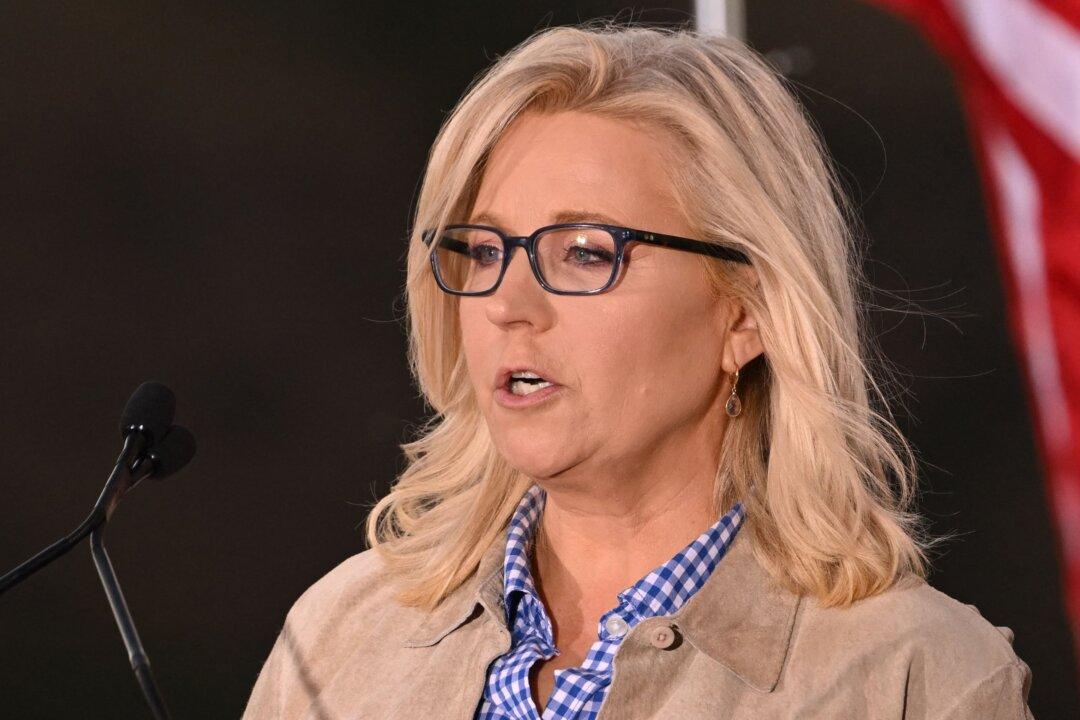Sen. Lisa Murkowski (R-Alaska), targeted for ousting from office by former President Donald Trump, survived her Aug. 16 primary election against 18 challengers, but will still face a Trump-endorsee in the general election come November.
But another congressional colleague facing Trump’s ire heard a sobering pronouncement from voters in Wyoming.





